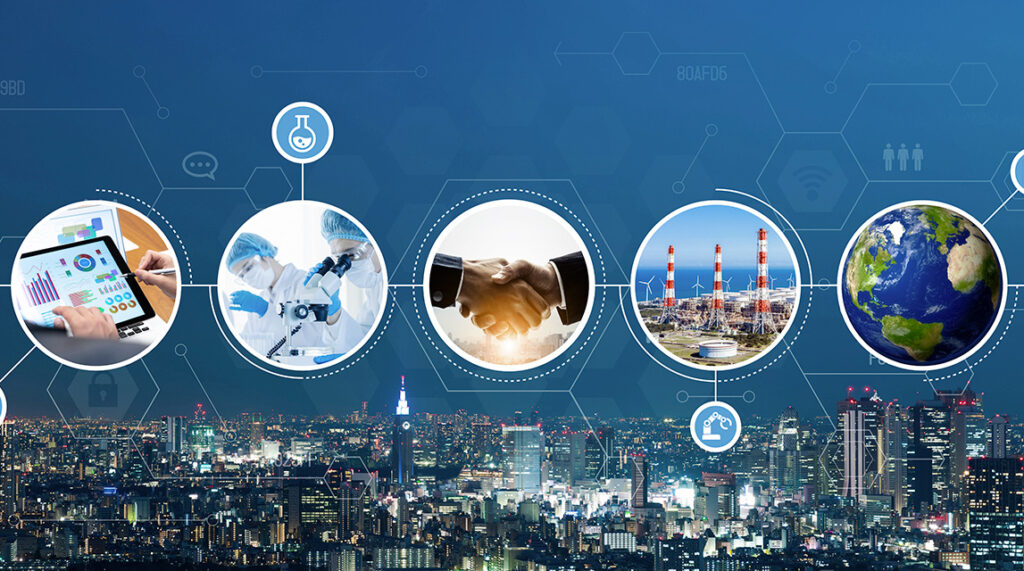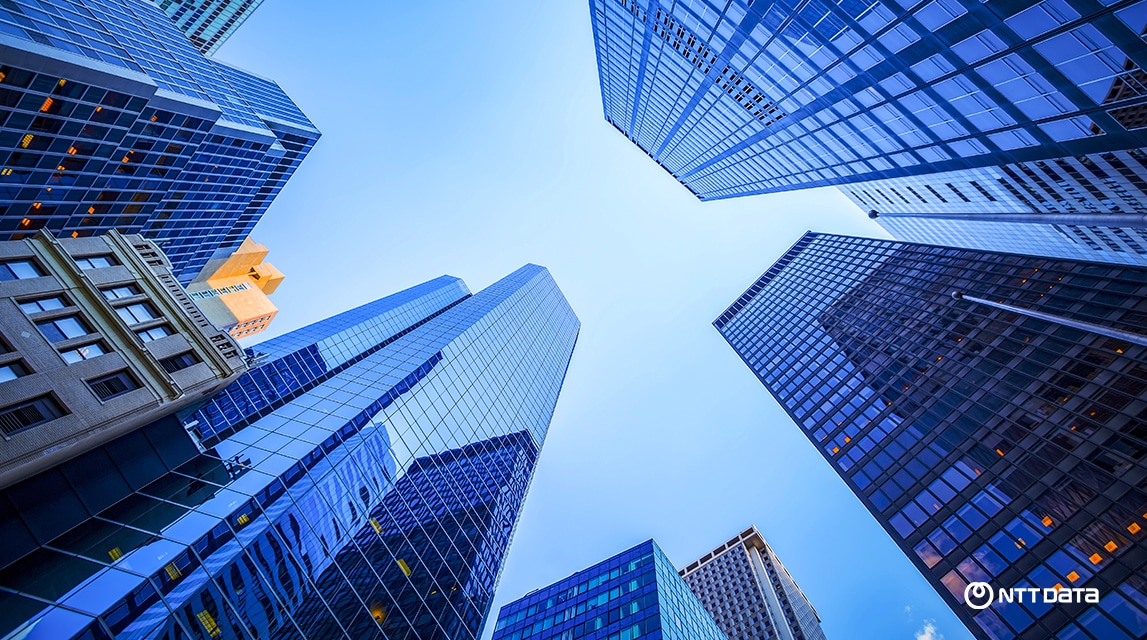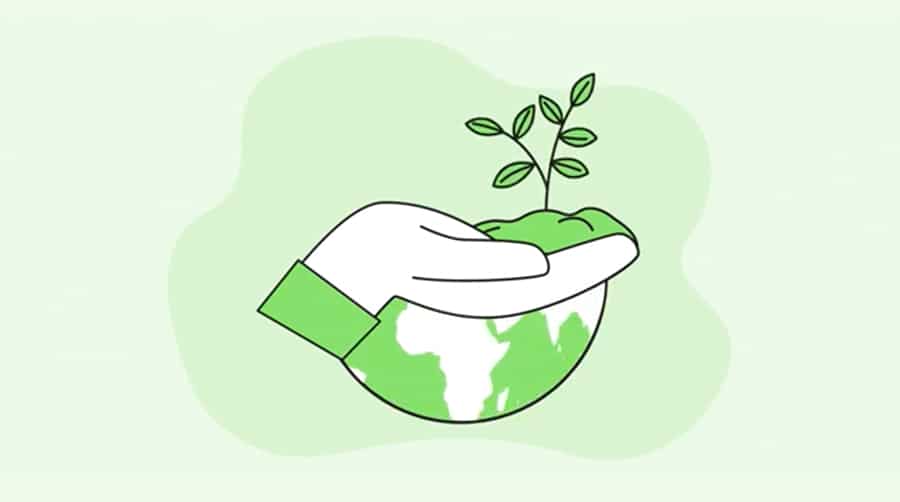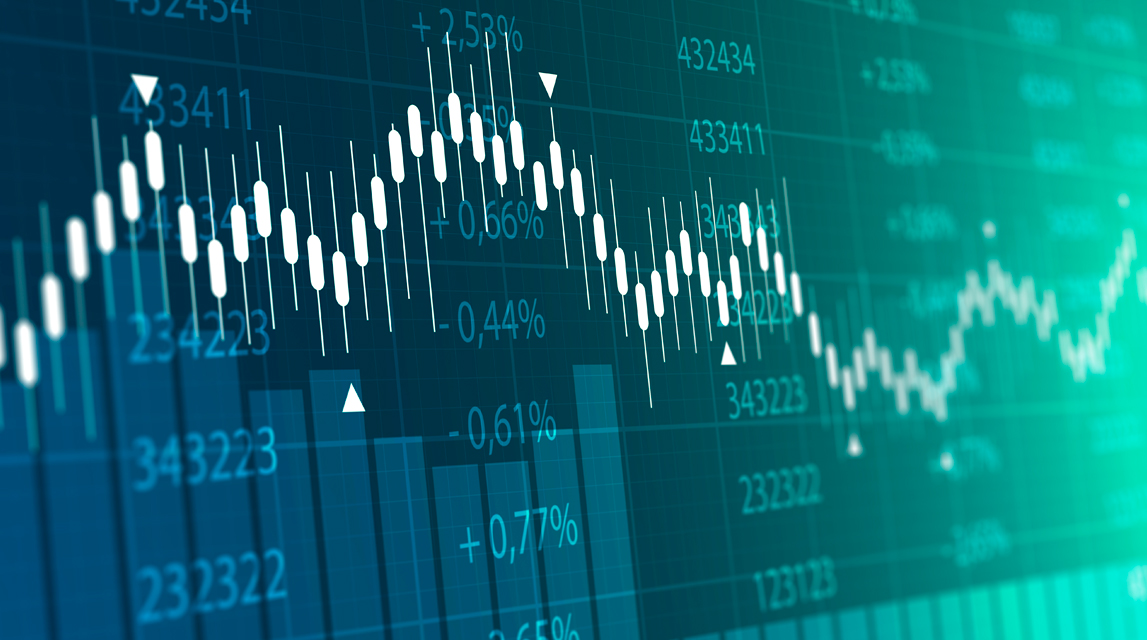In my sixth article, and seizing the chance we are celebrating that we are halfway through the year, I believe it is a good moment for self-reflection: as a finance professional, how important is having a better understanding about the sustainability world? Is your business partner demanding more information in that area? Do you perceive movements towards sustainability in your competitors?
Maybe the answer to these questions is not positive yet. But I’m sure you detected the intense work done by the IFRS framework led by Emmanuel Faber in order to get the ISSB guidance, frameworks and standard reporting ready by Q3 2022. In the meantime, I thought it would be good to take a look at some current and future ESG trends by industry to get some inspiration:
- Real Estate: The recent increase in the type of interest is pushing the sales of houses in the short and mid term. In the long run this industry is impacted mainly by 2 points: climate change, to be considered in the demand of low temperature zones or, the other way around, as a driver for exclusion, e.g. Jakarta. The second topic is the post-pandemic work-life integration of many office-based employees. This factor is not only impacting the quality of apartments but is also lowering the demand of office spaces.
- Retail: In the next months there will be a dramatic change in retail businesses, especially those specialized in clothes. A good example is Levi’s latest campaign titled “Buy Better, Wear Longer”, which from the financial point of view is the absolute opposite of the traditional capitalism logic. Some retailers are starting to promote subscriptions, a new business model to incentivize a different type of customer. Finally, most of the retailers are charging customers for the returns of online purchases, in order to mitigate the environmental impact.
- Healthcare: Considering their customers are public organizations, and these are directly impacted by the sustainability targets of their governments, most healthcare companies need to watch out to scope 3 emissions, those from the whole supply chain of their products and services. We already have the case of the NHS (UK National Health System) which is requiring a minimum but high level of sustainability to remain as a formal supplier from 2035 on. Technically speaking, if your company is in this industry, you can get excluded from one day to another, moving your sales down to zero, unless your sustainability parameters are good enough.
- Automobile: It is not a secret to say vehicles and transportation will suffer a deep transformation in the coming years. A few days ago the European Union formalized their commitment to forbid the sales of new combustion engines vehicles by 2035. While most producers are switching into electric, there are still business opportunities connected to this new model. For instance, Starbucks announced their intention to add vehicle chargers in some of their US cafeterias.
- FMCG: In this industry, the main goal is fighting all greenwashing initiatives, and demonstrating your true contribution with real sustainability impact. The next generations of consumers are also more demanding of this type of products, and even eager to pay an extra amount of money for more sustainable items. But demonstrating to the consumers this real contribution will become more and more difficult in the future. Unilever is, in my view, the role-model to follow, but all the biggest players have embedded in their core business strategies the importance of sustainability. The most innovative companies are using new technologies, e.g. augmented reality, to show consumers their progress in that area.
In general, my advice is to better understand the trends in terms of regulations from your country or your supranational region e.g. European Union. Anticipating what is coming via law is a good way to protect your business and an innovative way to look for new opportunities.
Last but not least, one of the most important trends I am detecting is linked to SDG 17 “Partnership for the goals”. While traditionally our competitors were our enemies, in the upcoming sustainable work we are facing it will be very important to find strong alliances, even with those who are your rivals.










